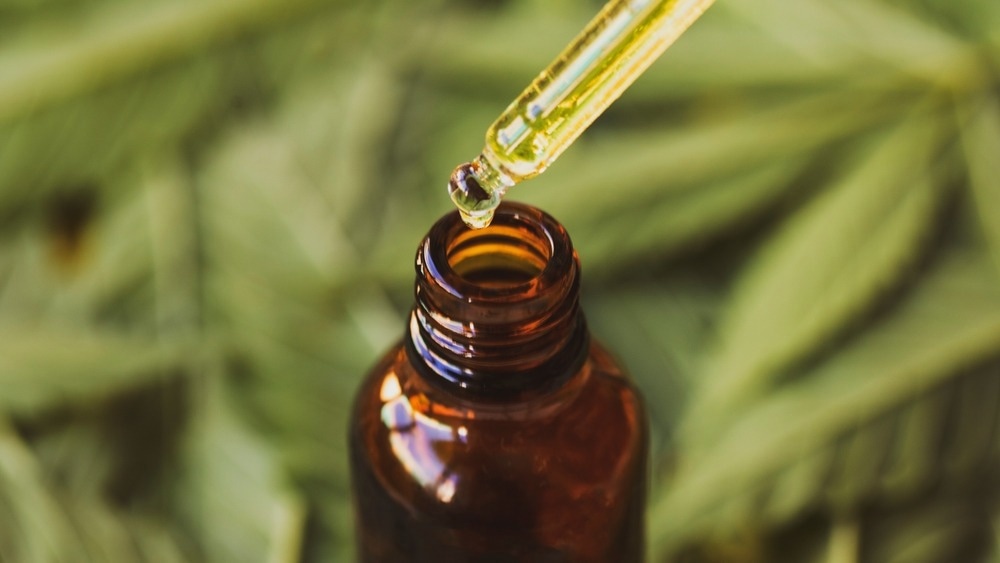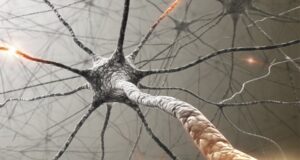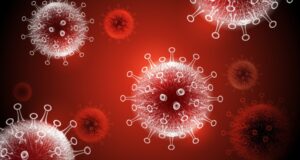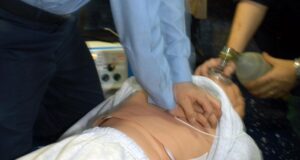Phase II trial finds no primary outcome success but suggests potential anxiolytic benefits with a strong safety profile

Cannabidiol (CBD) is known to have an anxiety-relieving effect. Its ability to alleviate anxiety in women with advanced breast cancer before a scan was recently explored in a randomized clinical trial (RCT), the results being published online in JAMA Network Open.
Cancer patients on treatment often experience clinical anxiety, at 20-25%, but there are few drugs to treat it. Commonly used medications like benzodiazepines have a host of adverse neuropsychiatric effects, including confusion and amnesia, and may be addictive. This has hindered their use in oncology, with only up to 25% of adult cancer patients receiving these drugs.
Some research suggests that CBD safely reduces anxiety levels without adverse effects on mental or neurological health. However, few of these studies dealt with cancer patients, motivating the current study.
Scans to assess the tumor burden are known to arouse fear of scan-related pain or discomfort, of progressive disease, and of the unknown, affecting up to 81% of patients. The greatest anxiety occurs before the scan, and hence, this period was targeted in the current study.
About the study
The study was a phase II trial involving 50 women with advanced breast cancer. All had clinical anxiety. Most were White (86%), and 88% had mild to moderate clinical anxiety, with the rest reporting severe anxiety.
They were randomized into two arms, one receiving CBD and the other placebo before a scan for tumor assessment.
Each patient in the intervention arm (mean age 60 years) received one dose of 400 mg CBD orally vs placebo in the control arm (mean age 57 years). Anxiety was assessed by scores on the ‘afraid’ component of the Visual Analog Mood Scale (VAMS), measured before and 2-4 hours after ingestion of CBD.
The scores were then used to assess change in mood based on the derived T score. A T score >20 was considered a reliable change. If >30, it showed both reliable and clinically relevant change.
The primary aim of the study was to compare the change in anxiety scores within 48 hours before a cancer scan, before and after taking the drug or the placebo. A secondary analysis independently assessed anxiety levels before vs. after ingestion in either arm, changes in other components of the VAMS scale, and drug safety.
Comparison with earlier studies
There has been only one earlier trial exploring the effect of CBD on anxiety in cancer patients.
That trial was not primarily focused on anxiety and allowed the use of benzodiazepines during the study period. The difference in anxiety scores was assessed based on two scores taken two weeks apart. It did not use drug-grade CBD.
The current study, in contrast, focused specifically on anxiety caused by a specific stimulus. No other cannabinoids or benzodiazepines were allowed during the day of the study. The CBD used was of regulatory-grade quality, so its use could be rapidly expanded if the results showed efficacy and were validated.
No significant difference in anxiety
Before the scan, similar anxiety scores were reported in both arms. The study failed to observe a significant difference in anxiety after taking oral CBD vs before. The mean change in ‘afraid’ score was -19 and -15 in the intervention vs placebo arms, respectively, falling below the reliability threshold.
Though numerically greater in the former, the difference was not significant. This may be due to the small sample size as well as the lack of difference in scores at baseline. Moreover, the drop in anxiety levels was greatest for those who were the most anxious at baseline.
There was only a moderate correlation between the ‘afraid’ scores just before and after ingestion, at 30%. This, too, may have contributed to the lack of significant change in anxiety. If the study had excluded those with mild anxiety, the impact of CBD ingestion might have been better observed.
However, the ‘afraid’ component score was numerically lower at 2-4 hours after CBD ingestion in the intervention arm, at 51.5, vs 58 in the control arm. Correlations with before and after scores in various other VAMS subscales ranged from 40% to 72%, higher than for the ‘afraid’ component.
No adverse effects of more than mild severity were observed.
Conclusions
This is the first study of CBD for anxiety in an oncologic patient subset. The findings indicate significantly less anxiety in the intervention arm at 2-4 hours after taking CBD compared to that in the placebo arm. It also indicates the safety of the use of CBD in women with advanced breast cancer who are suffering from clinical anxiety.
This suggests that CBD did have an anxiolytic effect, requiring further exploration of its efficacy. However, there was no significant difference in the change in pre-scan anxiety levels before vs after CBD/placebo ingestion.
“We believe these signals are sufficiently intriguing to justify continued exploration of CBD as a safe and possibly effective therapy for cancer-related anxiety,” according to the researchers.
The attractiveness of CBD treatment to these patients and their clinicians offers more incentive to establish its efficacy or otherwise since it is otherwise safe and well-tolerated even in the elderly. Longitudinal trials that provide subjective as well as objective measures of anxiety and include only oncology patients with moderate to severe anxiety, with the use of the Patient Global Impressions Scale, are suggested.




